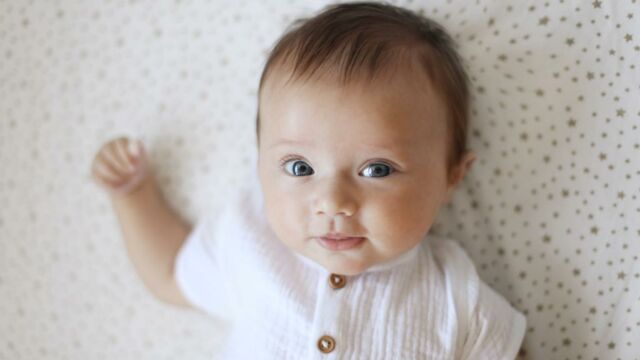You probably know or have heard of a ‘Karen—’ an entitled, privileged white woman who throws public tantrums when things do not go her way. Typically middle aged, likes to spot a particular short, choppy haircut with blond highlights, and spends too much time on Facebook. You may also know her as someone who likes to exploit her privilege to torment black people. And oh, she will definitely call the manager on you if you dare mess up her order.
Discover our latest podcast
Well, over the years, these stereotypes have come to be associated with the name Karen. Tough luck if you are called Karen but are nothing like that. It’s why more parents are shying away from giving this name to their precious baby girls.
No Aunt Amy, we won’t call her that
According to the American Social Security Administration (SSA), the popularity of the name Karen has seen a steady decline over the decades, dropping to its lowest rank of 831 in 2020 from 660 the year before. This means only 325 babies were given the name last year compared. For context, in 1965, it was the third most popular name for baby girls in the States, with 33,000 babies named Karen.
The SSA’s data also shows that the names Olivia and Liam maintained their first position as the two favourite name choices among new parents in America.
Origins of the 'Karen'
It is not quite certain when the name Karen became associated with rude or privileged behaviour, but it became popular in recent years when ethnic minorities, especially black people in the United States, used this meme as a form of satire to draw attention to the class and race based hostility they are often subjected to.
A male version of the Karen phenomenon is Ken although that is less popular. During the #BlackLivesMatter protests in June last year, a wealthy couple were pictured pointing guns at protestors marching by their home in Missouri. The two were widely referred to as Karen and Ken.















